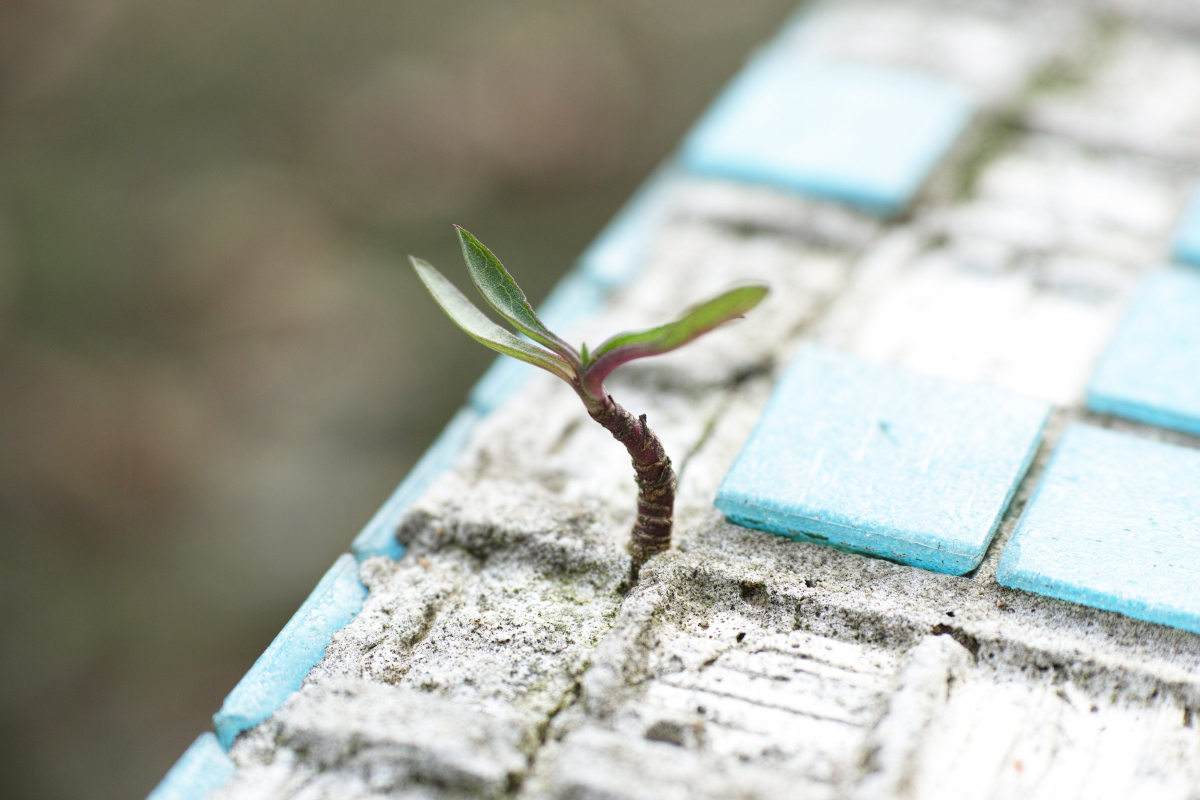During a recent dinner with a friend, our conversation unfolds around his undergoing a significant identity transition, if not a crisis.
My friend is this awesome, successful startup whiz in Silicon Valley. I've known him for over a year, and let me tell you, I've never seen him like this. He was shaking in front of me, eyes all red and teary, and, and I could see his whole body was shaking, like a scared puppy in a rain.
At that moment, I found myself grappling with a sense of guilt, as despite caring deeply for this friend, I couldn’t shake off an impulse to shut down.
I saw myself in him. I knew the pain of identity loss. It cuts deep.
About eight months ago, an identity crisis hit me along with multiple life changes. And most profoundly, my sense of identity became very blurry, like me walking through a thick fog, completely alone. At times, the pain would overwhelm me aggressively, like someone pulling the rug under my feet, everything collapsing.
There was a month when I'd wake up with a twisted chest pain. It wasn’t just something I was going through but more like it was a part of me. And it got physical.
We just can't escape from ourselves, can we?
It was the second time I went through a significant life transition. The first time was when I left my first startup in my early twenties, after seeing the company grow into a unicorn within four years. The whole journey was like riding on a rocket backed by money and power while the life of the founding team was crashing like a derailed train. After those four years, there was a long period when I couldn't find anything exciting or inspiring. The most challenging part is that my internal value system became quite confusing and I found myself uncertain about where my self-worth lay.
Pain isn't intellectual. Pain is an internal experience. And we can’t cheat it, no matter how "together" or "functioning" we may present ourselves to the world. (Spoiler: never compare your inside with people's outside.) Like most profound experiences in life, they are personal and private, and to some degree, they can't be shared at all.
Writing here, I think of William Bridges and his wisdom on Transitions that are worth thousands of reads:
"...Change is situational. Transition, on the other hand, is psychological. It is not those events, but rather the inner reorientation and self-redefinition that you have to go through in order to incorporate any of those changes into your life. Without a transition, a change is just a rearrangement of the furniture." .
William Bridges,Transitions: Making Sense of Life's Changes.
Navigating a transition is a life skill, may it be as "big" as a career change, moving to a new country, or maybe filing a divorce. Or maybe it's something simpler, for instance, changing a diet and a lifestyle.
I remember when I first went through life transitions, I had no clue what I was going through. I just wanted to try new things out as fast as possible to avoid the unknown and uncertainty, driven by the fear of being left out or questioning "Who am I without XYZ."
However, as I grow older (and hopefully, wiser), I have learned that from a significant ending to a brand-new beginning, it's painful yet necessary to give yourself some time and space for this so-called "neutral zone" unfolding and integrating, as William Bridges wrote in his book.
A neutral zone is this in-between period characterized by confusion and ambiguity. It's a time of exploration and adjustment, a psychological "no man's land" where individuals are neither in the old situation nor fully committed to the new one. This zone will be mostly very slow, and invisible. However, once the inner transitions have been manifested, you will come out from the other side.
We should definitely feel scared, and go through it anyway.

